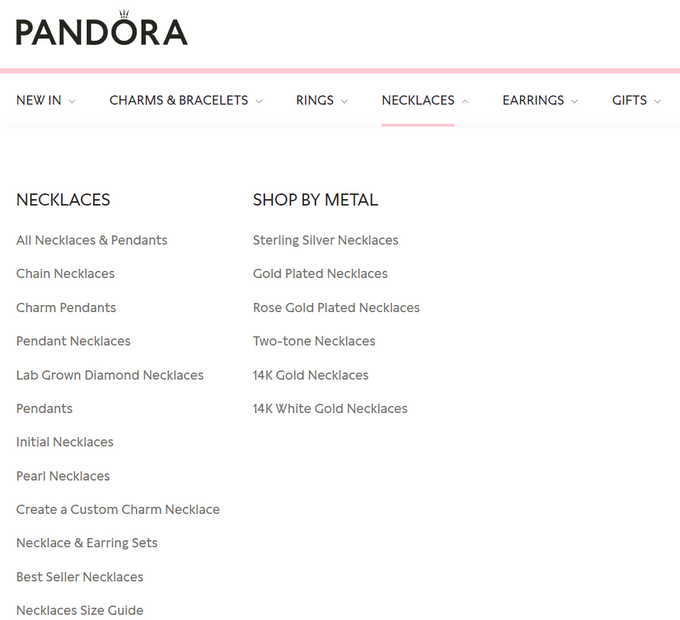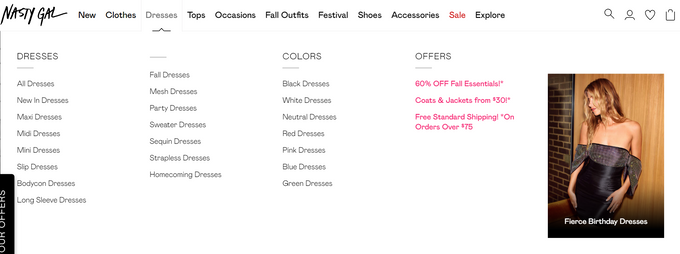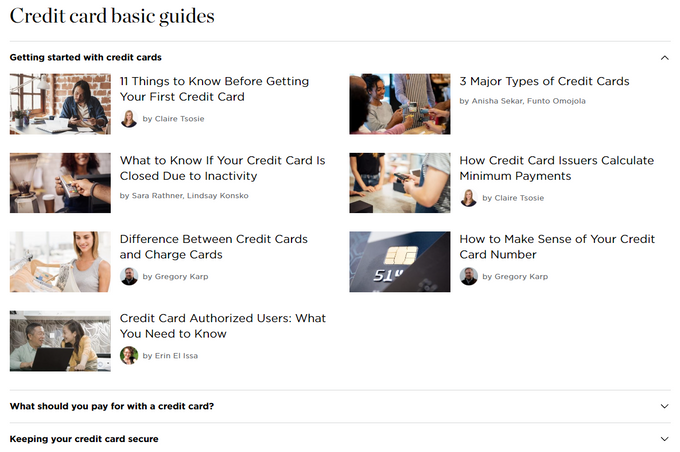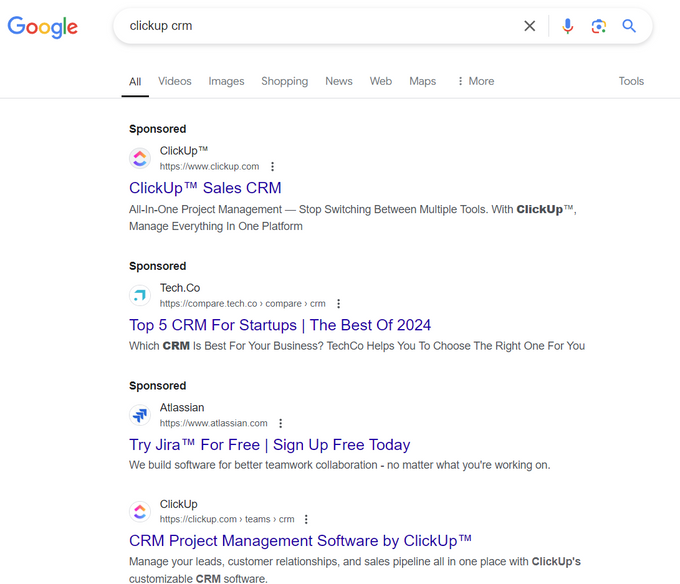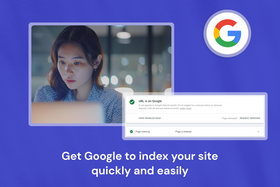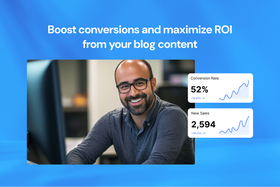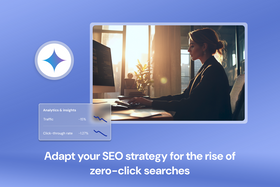SEO vs. PPC: Which one should you invest in?
Unsure whether to focus on SEO or PPC? I'll break down the key factors you need to consider to make an informed decision.
Updated April 25, 2025
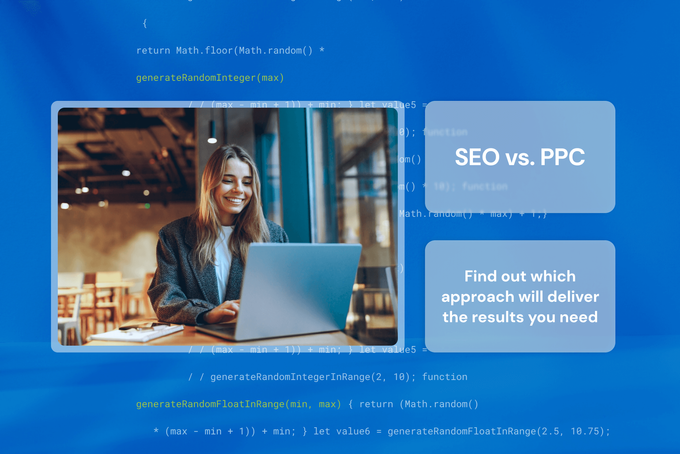
AI Summary
Both SEO and PPC are powerful marketing strategies that drive traffic and conversions, but they work in different ways and offer unique benefits. So, how do you know which will deliver the best results and end up being a better investment for your business?
In an ideal world, you'd invest in both—after all, these channels complement each other very well. But with certain restrictions and limited resources, it's often necessary to choose. In this article, I'll walk you through the key differences between SEO and PPC to help you make the best decision for your business.
Key takeaways
- SEO has better ROI than PPC in most cases.
- PPC is usually much better for experimentation, which makes it a better investment in the early days.
- Every business that wants to build a brand should invest in SEO.
- Ideally, SEO and PPC should work hand in hand, supporting each other.
- To understand which channel to invest in, you need to do a proper analysis of your business and target audience.
What is SEO?
SEO (Search Engine Optimization) refers to all the activities you do to optimize your website for search engines (usually Google). The goal of SEO is to attract unpaid, organic traffic by making your site more accessible and relevant to users searching for your product or any information related to it.
» Find out if you should invest in SEO or SEM.
Advantages of SEO
1. SEO delivers consistent organic traffic
Search is the number one source of traffic on the internet. So, the main benefit of SEO is that you can get a lot of exposure and drive a lot of traffic that eventually leads to conversions and ROI.
» Learn how to measure SEO ROI.
2. SEO is evergreen
If you build your site for SEO and get exposure and traffic from search, SEO is an evergreen channel. When you get to the right positions on Google, you get consistent monthly dividends in terms of traffic and conversions.
3. SEO is less expensive long-term
You don't have to keep pouring money into SEO as much as you do with PPC or other channels.
Disadvantages of SEO
1. SEO is unpredictable
With SEO, you rely on the search engine algorithm to rank your content. The algorithm looks at thousands of different signals, making it very difficult to predict results. There's no exact formula you can use to rank.
2. Results take time
It takes roughly 3-6 months to see results from SEO. And even after that, there's no guarantee that you'll make it to the top of the SERP.
3. SEO is time-consuming
SEO is complex and requires consistent effort and patience. There's also quite a steep learning curve if you're a beginner.
What is PPC?
PPC (Pay-Per-Click) is a type of search engine marketing where you pay every time someone clicks on one of your ads. Advertisers bid for ad placements on Google Ads or social media. When someone clicks on their ad, they're directed to a website or landing page, and the advertiser pays for that click.
Advantages of PPC
1. PPC is predictable
Unlike SEO, PPC has far fewer variables. You have a budget and a system that works for you (e.g., Google or Facebook advertising). It's much simpler, which makes it more predictable.
2. PPC allows for faster testing and experimentation
PPC is very good for testing because the learning cycle from launching a campaign to getting feedback is very short. You're able to find out what works and what doesn't much quicker than with SEO.
3. PPC is highly scalable
PPC lets you easily adjust your budget and targeting to increase or decrease traffic to your website. This means you can quickly adapt your campaigns based on their performance and your business goals.
Disadvantages of PPC
1. High competition and acquisition costs
With PPC, the market is very saturated, acquisition costs are very high, and it can take time to determine whether your campaigns are ROI positive. Because of this, many companies turn to influencer marketing or other channels instead.
READ MORE: Paid vs. organic customer acquisition
2. Results only last as long as your budget
Once your budget runs out and you stop paying for your PPC campaign, your traffic will immediately start to decline.
3. PPC is more expensive
Because you pay each time someone clicks on your ad, PPC is usually much more expensive than SEO. For example, according to Semrush, the CPC for a competitive keyword like "car insurance" is $37.71.
How to choose between SEO and PPC
Choosing between SEO and PPC depends on your business goals, resources, and timeline, but these are the main factors I would recommend considering when making your decision.
When to invest in SEO
In general, you should invest in SEO if:
- You're looking to build a lasting brand
- Your website converts
- Your website isn't converting, but you want to build a long-term business
» Learn to forecast SEO ROI to find out if SEO is the best channel for your business.
Which businesses should invest in SEO?
Every business needs SEO, specifically technical SEO, to ensure their website is crawled and indexed. The real question is whether you need to invest in content as well. In general, businesses with high search volumes and many conversion opportunities should invest in SEO content.
Let's look at a few examples.
Jewelry
A website that sells jewelry can create a lot of category pages for different combinations of relevant searches that have volume, such as "best necklaces for women," "best necklaces for olive skin tones," "best pendant necklaces," etc.
Fashion
The same goes for fashion businesses. For example, you can create category pages for different types of dresses, like "dresses for fall," "strapless dresses," "maxi dresses," etc.
Industries that require information
If you're in any industry that requires a lot of information as part of the consideration process and where people ask a lot of questions, you should definitely invest in SEO. This includes businesses in healthcare, accounting, finance, fitness, law, technology, and online therapy.
For example, if you're in finance, there are many topics you could rank for that could lead to conversion, such as "which bank to choose," "which credit card to choose," and "how to save money."
» Discover proven techniques to improve SEO ROI.
Which businesses shouldn't invest in SEO?
It may also be helpful to know which businesses shouldn't invest in SEO content. These include:
- B2B enterprises that don't have much search volume and a very specific target audience
- Websites selling a product people aren't searching for, such as a startup with a new product that doesn't have search intent yet
- Websites selling a product with a value lower than the cost of creating content
- Businesses that don't plan on building a brand that lasts, such as dropshipping businesses
- Small businesses with a limited budget
When to invest in PPC
PPC is usually a better investment for you if:
- You have the budget
- There's significant search volume for what you're selling
- There isn't too much competition
Which businesses should invest in PPC?
It depends on your goals, but any business targeting high product search volumes can benefit from PPC.
PPC can be effective for industries like fashion, e-commerce, and more informational industries. For new businesses that don't know their target audience well and have no conversions yet, it's usually easier to start with PPC, see what works, and then do SEO. However, it all comes down to ROI, and you'll need to test to see if you can get a positive ROI from PPC.
You also need to determine if it makes sense to target people based on their search intent, interests, or browsing history. These factors can help you decide what type of PPC activity to focus on. For example, should you use Facebook, Instagram, TikTok, YouTube, or Google?
Keep in mind that there are also situations where you could invest in neither SEO nor PPC. For example, it might be better for you to go for influencer marketing, direct sales, conferences, etc. It's not necessarily this or the other. Of course, you could also use both SEO and PPC.
» Book a consultation with an expert to find out if you should invest in PPC, SEO, or both.
How to combine SEO and PPC
If your content converts well, you can create it for SEO and use it for PPC, too. For example, you can create landing pages that work for both SEO and PPC. If you drive traffic from PPC channels like Google and Facebook to content that converts, you're maximizing the value of the same content for both channels. This way, you get organic and paid traffic at the same time.
This approach also works for your products. Many brands run ads targeting their own brand names to prevent competitors from outranking them. For instance, you might see an ad for a CRM followed by the same product in organic results.
By combining SEO and PPC, you can track performance on both channels simultaneously.
» Talk to an expert about how you can combine SEO and PPC.
Should you invest in SEO or PPC?
Choosing between SEO and PPC ultimately comes down to what suits your business best. You need to do thorough research to determine which channel will deliver the best results for your specific situation. But ideally, SEO and PPC should work together to maximize your reach and drive better overall performance.
